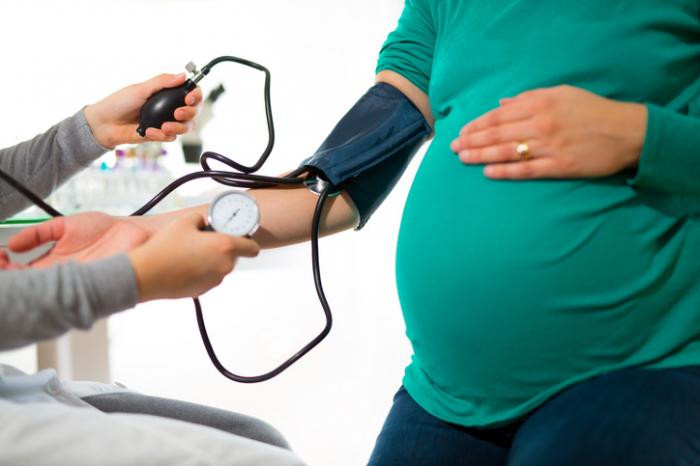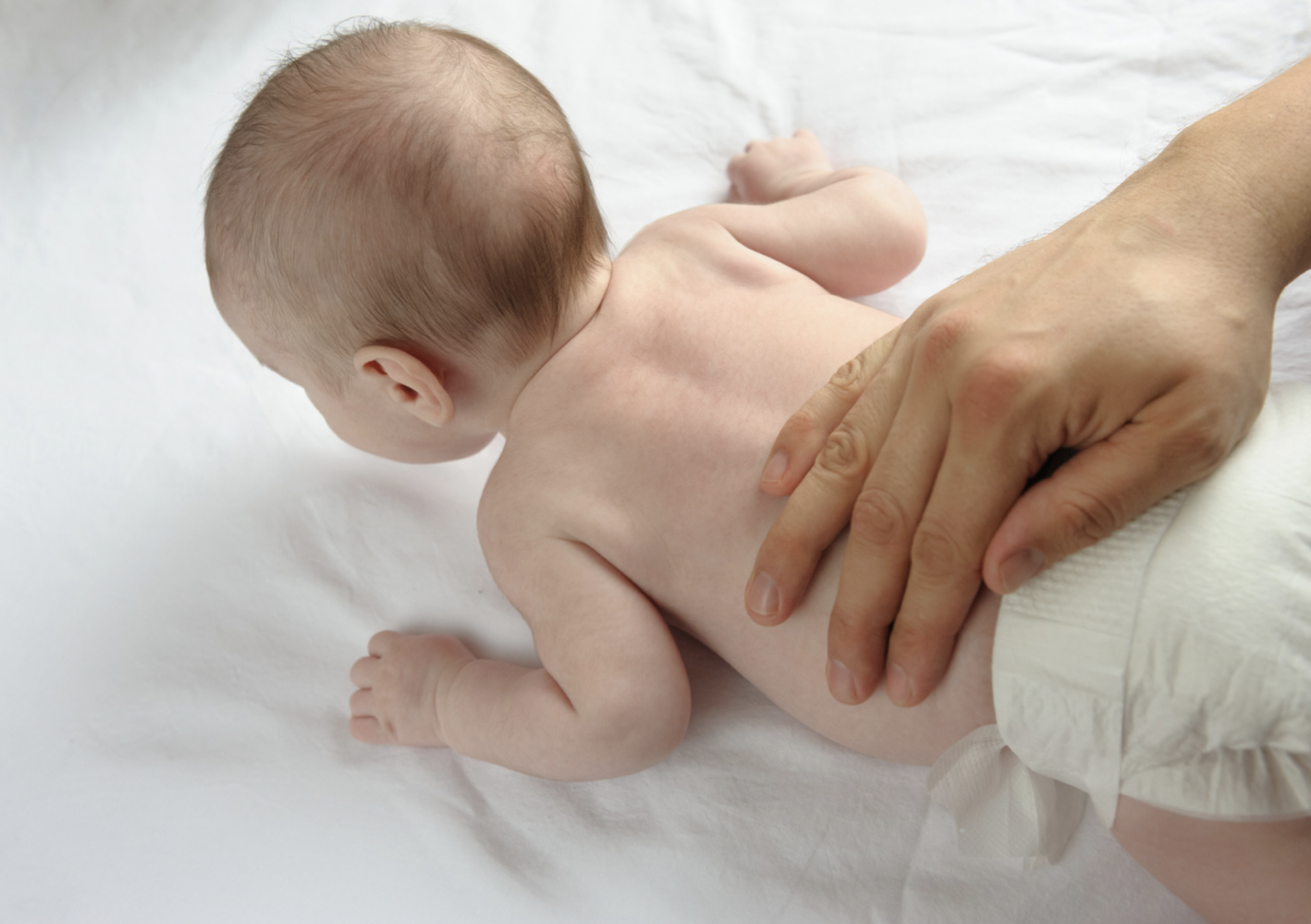Definition
Eclampsia is a severe complication of preeclampsia. This condition is rare but serious, where high blood pressure leads to seizures or coma during pregnancy. These seizures are not related to any pre-existing brain disorders.
Eclampsia occurs in about 1 out of every 200 women with preeclampsia. You may experience eclampsia even if you have no history of seizures.
Read more: Preeclampsia - Definition, Causes, Symptoms and Treatment
Causes
Eclampsia often follows preeclampsia, which is characterized by high blood pressure during pregnancy or after childbirth. If preeclampsia worsens and affects the brain, it can lead to seizures, a symptom of eclampsia.
Doctors do not know the exact cause of eclampsia, but it is thought to originate from abnormal placental formation and function. Two known factors cause eclampsia preceded by preeclampsia:
- High blood pressure: Damage to blood vessels caused by high blood pressure can obstruct blood flow, causing swelling in the brain and the fetus. If this abnormal blood flow affects brain function, seizures can occur.
- Proteinuria (presence of protein in urine): Preeclampsia often affects kidney function. Proteinuria is a common sign of preeclampsia. During prenatal check-ups, your urine will be tested for protein. Usually, the kidneys filter waste products from the blood to form urine while retaining nutrients like protein. If the kidney filters, called glomeruli, are damaged, protein can leak through and be found in the urine.
Risk Factors
If you have or have had preeclampsia, you are at a higher risk of developing eclampsia. Other risk factors that increase the likelihood of eclampsia include:
- Hypertension during pregnancy or chronic hypertension (pre-existing hypertension)
- Age over 35 or under 20
- Twin pregnancy
- First pregnancy
- Diabetes or other conditions affecting blood vessels
- Kidney disease
- Obesity
- Family history of preeclampsia
- Autoimmune diseases
- Undergoing IVF treatment
- African-American race
Symptoms
The main symptom of eclampsia is seizures, often followed by a loss of consciousness. People with eclampsia may also exhibit symptoms of preeclampsia, as preeclampsia typically precedes eclampsia.
Preeclampsia symptoms include:
- High blood pressure
- Swelling of the face or hands
- Headaches
- Excessive weight gain
- Nausea and vomiting
- Vision problems, such as temporary blindness or blurred vision
- Difficulty urinating
- Abdominal pain, especially in the upper right side
Diagnosis
If you have been diagnosed with preeclampsia or have a history of it, your doctor will monitor you to see if it worsens or recurs. If you do not have preeclampsia, your doctor will perform other tests to find the cause of the seizures. These tests include:
- Blood tests: complete blood count and clotting function tests. These tests can also assess kidney and liver function.
- Blood creatinine test: creatinine is a waste product from muscles. Kidneys should filter most of the creatinine from the blood. High blood creatinine levels may indicate preeclampsia.
- Urinalysis: to check for protein in the urine.
Treatment
Delivering the baby and placenta is the recommended treatment for preeclampsia and eclampsia. The delivery timing depends on the condition's severity and the baby's gestational age.
For mild preeclampsia, doctors may monitor and prescribe medications to prevent it from progressing to eclampsia. Medications will help keep blood pressure within a safe range until the baby is ready to be delivered.
Anticonvulsants may be required to prevent seizures. Blood pressure medications may also be needed if you have high blood pressure. Steroids may be given to help mature the baby's lungs before delivery.
Symptoms will improve within days to weeks after delivery. However, you remain at higher risk for high blood pressure in future pregnancies or later in life. Postpartum blood pressure monitoring is important to ensure recovery.
Complications
Preeclampsia and eclampsia affect the placenta, which delivers oxygen and nutrients from the mother's blood to the fetus. High blood pressure reduces blood flow through the placenta, potentially leading to low birth weight or other health problems for the baby.
Severe complications during pregnancy include placental abruption, where the placenta detaches from the uterus. This emergency requires immediate surgery to save the baby, who may become very ill or even die. Maternal complications can be severe, including the risk of death from stroke or cardiac arrest.
Prevention
Proper medical care for preeclampsia can prevent eclampsia. Attend all prenatal visits as recommended to monitor blood pressure, blood tests, and urine tests.
When to See a Doctor?
Contact your doctor or go to the emergency room if you have symptoms of eclampsia or preeclampsia. Emergency symptoms include seizures and loss of consciousness.
Seek immediate medical help if you experience:
- Bright red vaginal bleeding
- Little or no fetal movement
- Severe headaches
- Severe pain in the upper right abdomen
- Visual problems
- Nausea or vomiting
- dr. Alvidiani Agustina Damanik
Eclampsia: Causes, Symptoms, and Diagnosis. (2022). Retrieved 14 October 2022, from https://www.healthline.com/health/eclampsia
Encyclopedia, M. (2022). Eclampsia: MedlinePlus Medical Encyclopedia. Retrieved 14 October 2022, from https://medlineplus.gov/ency/article/000899.htm
Eclampsia: Overview, Etiologic and Risk Factors for Preeclampsia/Eclampsia, Multiorgan System Effects. (2022). Retrieved 15 October 2022, from https://emedicine.medscape.com/article/253960-overview
National Institute for Health and Care Excellence. Hypertension in pregnancy: diagnosis and management. 2019.











